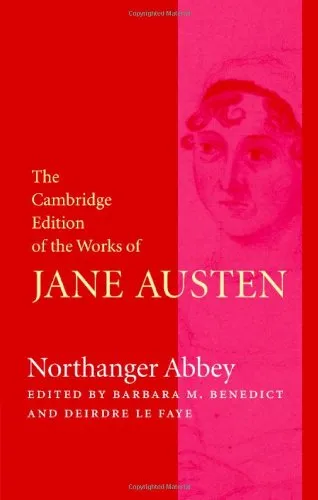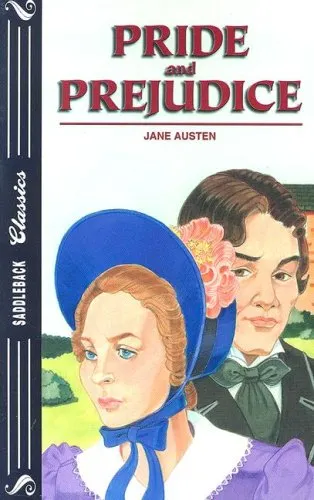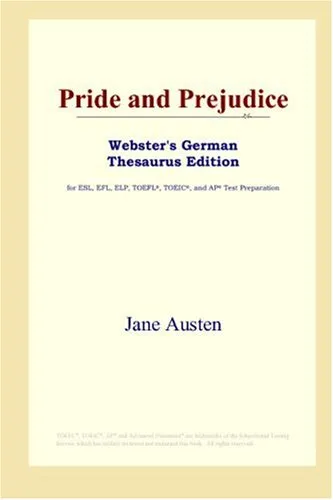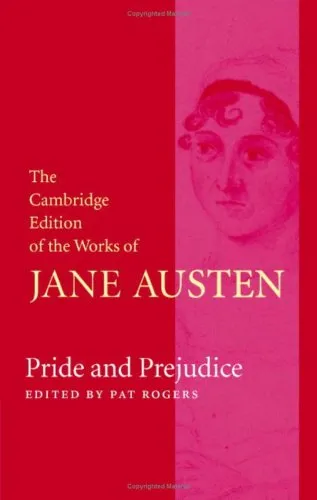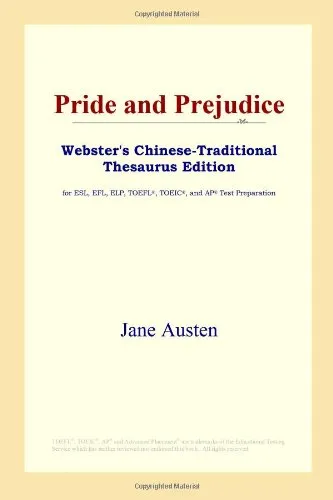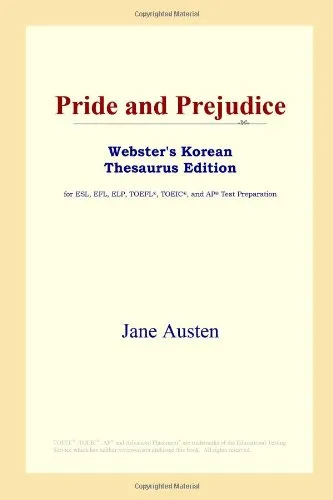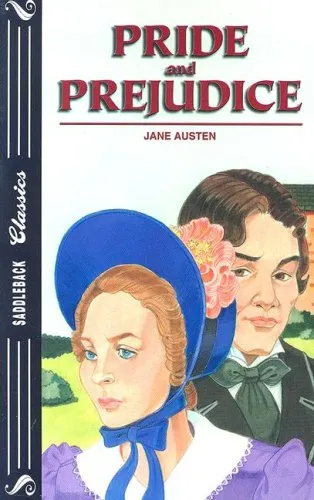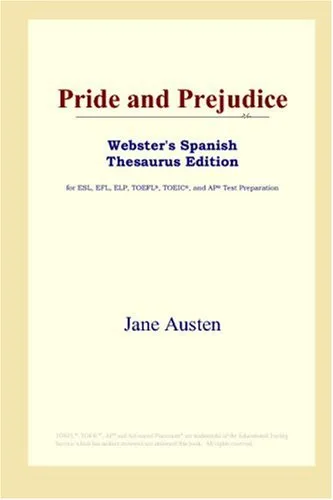Northanger Abbey (The Cambridge Edition of the Works of Jane Austen)
3.9
Reviews from our users

You Can Ask your questions from this book's AI after Login
Each download or ask from book AI costs 2 points. To earn more free points, please visit the Points Guide Page and complete some valuable actions.Related Refrences:
Persian Summary
Introduction to "Northanger Abbey" (The Cambridge Edition of the Works of Jane Austen)
Jane Austen's "Northanger Abbey" stands as a unique intersection of satire and romance, blending elements of both to critique the Gothic novel trend of the late 18th and early 19th centuries. This Cambridge edition offers a comprehensive exploration of Austen's work, enriched with scholarly insights and annotations that enhance the reader's understanding of the text.
Detailed Summary of the Book
In "Northanger Abbey," we follow the story of Catherine Morland, a young woman who transitions from a naive girl to a more discerning individual through her adventures and experiences. Invited by the wealthy Mr. and Mrs. Allen to visit Bath, Catherine finds herself immersed in a social world quite different from her own. Here, she meets the charming Henry Tilney and his sister, Eleanor. The friendships and relationships Catherine develops are central to the narrative's progression.
Austen satirizes the gothic novel genre through Catherine’s imagination. Infusing her experiences with elements drawn from her reading, she imagines the quintessential Gothic atmosphere at Northanger Abbey, Henry's family estate. This playful examination of Catherine's fantasies versus the reality she encounters leads to an intriguing commentary on sensibility and rational judgment.
The story culminates in Catherine's realization of her misconceptions, leading to personal growth and self-awareness. The tension between fiction and reality, and the eventual triumph of reason over imagination, are skillfully portrayed. Austen's deft examination of societal norms, along with the protagonists' developmental arc, offers readers both amusement and reflection on human nature.
Key Takeaways
- The dangers of conflating fiction with reality are depicted through Catherine’s journey.
- Social class and gender roles are woven throughout the narrative as Austen critiques societal norms of her time.
- Austen uses humor and irony to convey her messages, making the novel an entertaining yet thought-provoking read.
- The process of maturation and self-discovery is central to the character of Catherine Morland, providing a relatable journey for readers.
Famous Quotes from the Book
"There is nothing I would not do for those who are really my friends."
"If adventures will not befall a young lady in her own village, she must seek them abroad."
"The person, be it gentleman or lady, who has not pleasure in a good novel, must be intolerably stupid."
Why This Book Matters
"Northanger Abbey" is significant due to its layered critique of popular literature and societal conventions of its time. By choosing a protagonist who is both relatable and flawed, Jane Austen allows readers to engage deeply with Catherine's psychological and emotional evolution. Austen's insightful commentary on the role of women, the constraints of class, and the effects of genre fiction on the human psyche remain relevant today.
This Cambridge edition of "Northanger Abbey" enriches one's reading experience with its extensive annotations and scholarly interpretations. This offers readers a deeper understanding of Austen's wit, narrative techniques, and thematic concerns, establishing the novel not merely as a period piece, but as a timeless narrative resonating across centuries.
Free Direct Download
You Can Download this book after Login
Accessing books through legal platforms and public libraries not only supports the rights of authors and publishers but also contributes to the sustainability of reading culture. Before downloading, please take a moment to consider these options.
Find this book on other platforms:
WorldCat helps you find books in libraries worldwide.
See ratings, reviews, and discussions on Goodreads.
Find and buy rare or used books on AbeBooks.
1509
بازدید3.9
امتیاز0
نظر98%
رضایتReviews:
3.9
Based on 0 users review
Questions & Answers
Ask questions about this book or help others by answering
No questions yet. Be the first to ask!
